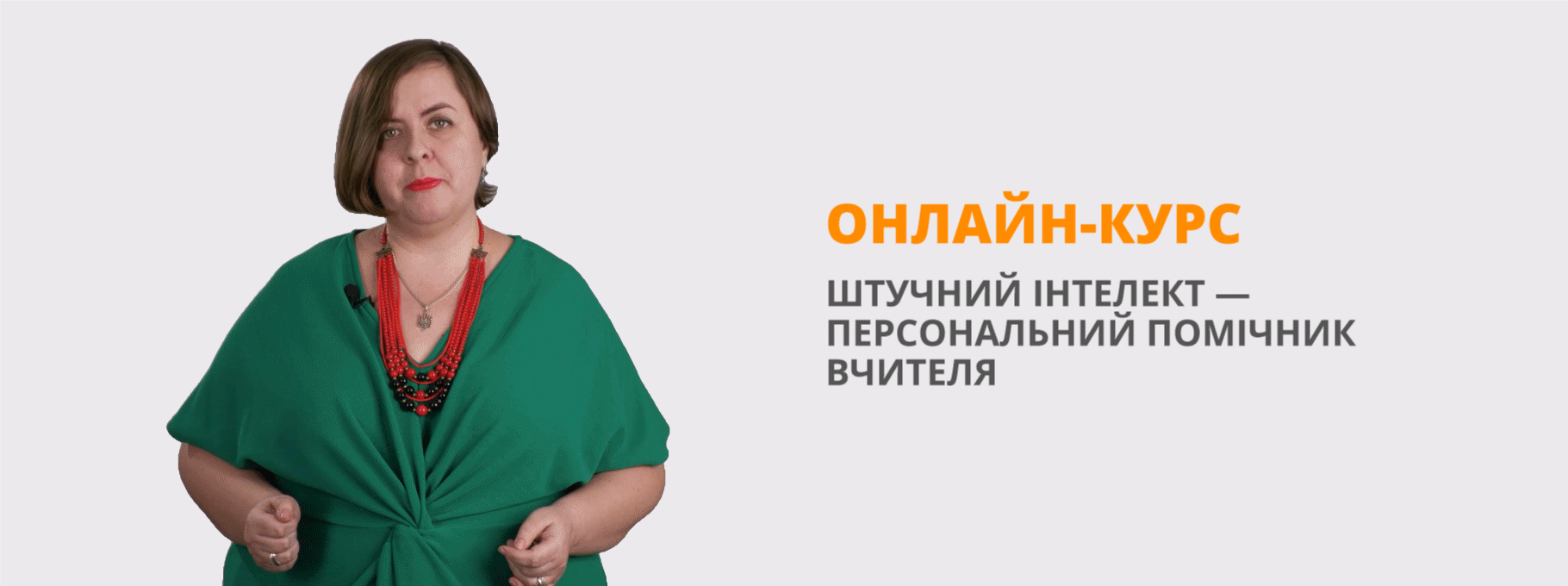Позакласний захід "European Day of languages"
European Day of languages
|
Objectives: |
to motivate students’ speaking skills based on learnt material; to systematize students’ knowledge about Europe, European countries and European languages; to broaden students’ knowledge about European traditions. |
|
Materials: |
Questionnaire, QRcodes, Power Point, Video “My mistress' eyes”, empty forms for writing. |
|
Created by: |
Kravchuk Natalie, an English teacher of Bila Tserkva Collegium; Palamarchuk Vita, an English teacher of Bila Tserkva Collegium. |
PROCEDURE:
I.INTRODUCTION.
T: “If you talk to a man in a language he understands, that goes to his head. If you talk to him in his language, that goes to his heart”
Nelson Mandela
P1: The highlight of the European Year of Languages 2001 was the European Day of Languages, which was celebrated for the first time on 26 September 2001 in all 45 states taking part in the campaign. On the eve of the closing event of the Year, the Committee of Ministers of the Council of Europe decided to declare the European Day of Languages to be celebrated on 26th September each year. Its aim is to encourage language learning across Europe.
P2: Now let’s listen to myth of the Tower of Babel. The gist of the story is thus: All human beings used to speak the same language. As they came to settle in Mesopotamia, they decided to build a city with a tower to reach the heavens. Through this endeavor, mankind intended to create a name for himself. God, however, had other plans. Mankind’s language was confused, and they were scattered over the earth. As a result, the city and the tower were never completed. Regardless of whether one believes that this story actually took place, there are several interesting ways of looking at it.
T: Why is it important to learn foreign languages today?
P1: A foreign language can contribute to a stronger personality.
P2: A foreign language gives you access to another culture. It gives you the ability to communicate and to exchange views with people all over the world.
P3: Learning a foreign language opens up a whole new dimension.
P4: The knowledge of foreign languages increases job opportunities in many careers where knowing another language is a real asset.
II. MAIN PART OF THE LESSON
2.1. QUEST
T: We are sure that you know a lot about Europe and European languages. Now we are going to continue to talk about it in unusual way. We want you to answer some questions. But before that you have to find them, looking for around the school, decrypt the code using your devices and write the answers on your sheets. The first group with right answers will be the winner.
Good luck!!!
Group1 (pink)
-

Which country's currency was the drachma? Greece - Which country's currency was the escudo? Portugal

- What is the capital city of Austria? Vienna

- What country has Tallin as the capital? Estonia

- Which is the longest river in France? Loire

- In which country are there Turin, Milan and Pisa? Italy

- Which national flag is made up of vertical black, gold, red bands? Belgium

- What is the longest river in Europe, which flows through the territory of 8 countries? (Danube)

- The highest mountain in Europe with the highest Mont Blanc is in Alps. Which country is it? (In France)

- What country is Madrid the capital of? (Spain)

Group 2 (green)
- In which country is there often fog and rain? (United Kingdom)

- What river does flow through London? (Thames)

- Which country is the birthplace of Napoleon? (France)

- Where is Big Ben? (London)
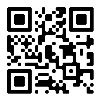
- What colours are there on the flag of Germany? (Black, Yellow, Red)

- What colours are there on the flag of France?(Blue? White ? red)

- What countries does the Eurotunnel unite? (France and UK)

- What country does the band "The Beatles" come from? (United Kingdom)

- What is the capital of Finland? (Helsinki)

- In which country are there most windmills? (Holland, Netherlands)

Group 3 (yellow)
- What is the capital of Hungary? (Budapest)

- What colors are there on the flag of Italy? (Green, white, red)
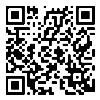
- What is the capital of Sweden? (Stockholm)

- Where is the Colosseum? (Italy)
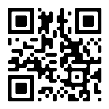
- What is called as the country of tulips? (Netherlands)
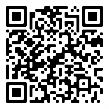
- In which country are bullfights held? (Spain)
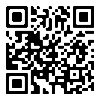
- In which country are there the most number of volcanoes and geysers? (Iceland)

- Which European country is the largest? (Ukraine)

- How many deserts are there in Europe? (None)

- What country is Rome the capital of? Italy

2.2. KAHOOOOT QUIZ
T: Europe Day is celebrated with a wide range of events and action each year. Practically all the countries of Europe are members of the European Union. So, now we’re going to talk about Europe and European countries using youe divices again and the Internet. We are divided into 3 teams and log on site kahoot.it. Then print your PiNnumber.
(interactive quiz “European Union” kahoot.it)
2.3. GAMES (moving activities)
Activity 1. Europe Day is celebrated with a wide range of events and action each year. We are divided into 4 teams and we are named them.
"The British" is the name of the 1st team. '' The German'' is the name of the 2nd team. "The Frenchman" is the name of the 3rd team. '' The Spanish'' is the name of the 4th team.
- Say “Hello” so, as it is offered to you in the country. And now watch the film and check yourself!
- Match the flag of European countries with their languages.
Activity 2. Peel the banana as it is done in the proposed country.
Activity 3. Do you need help? Measure the temperature as it makes the representative of your country.
Activity 4. Make typical foreigner portrait according to the next plan:
The main feature of character
Life values
Traditional food and drink
Places of interest
Car's brand of this country
Favourite kind of sports
III .LESSON SUMMARY.
Teacher: To crown our competition we will do the quiz (Use CD Quiz. European Day of Languages )
Teacher: To finish our meeting I would like with the words: When in Rome, do as the Romans do.


про публікацію авторської розробки
Додати розробку
